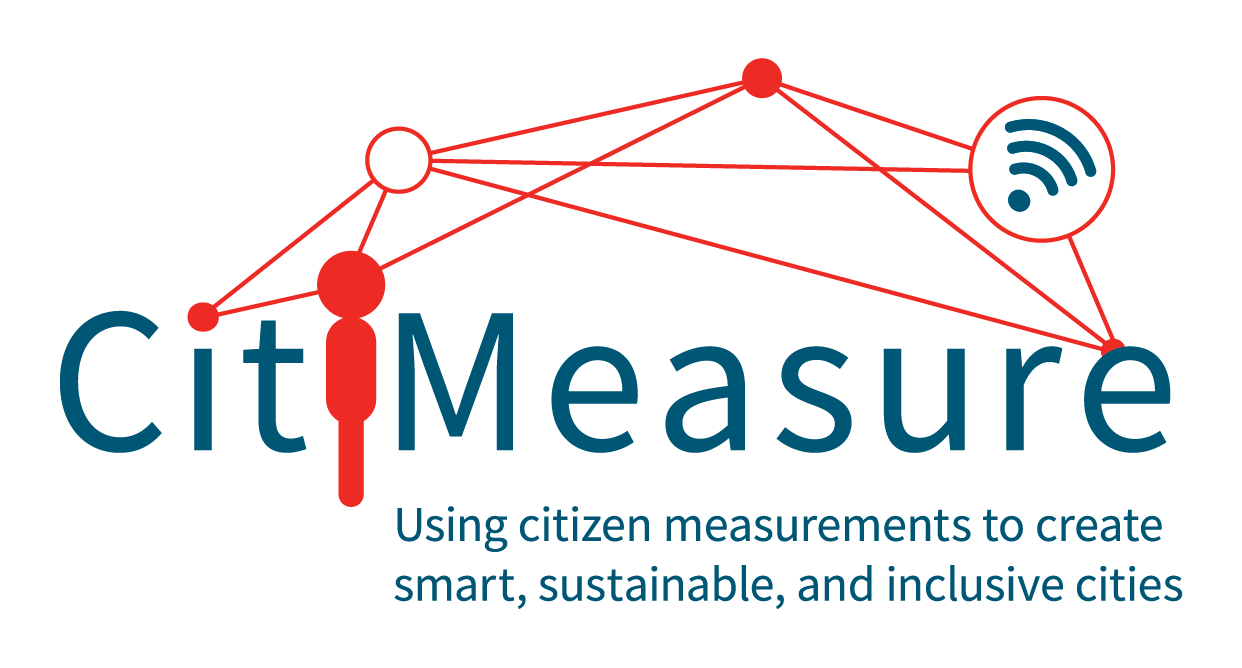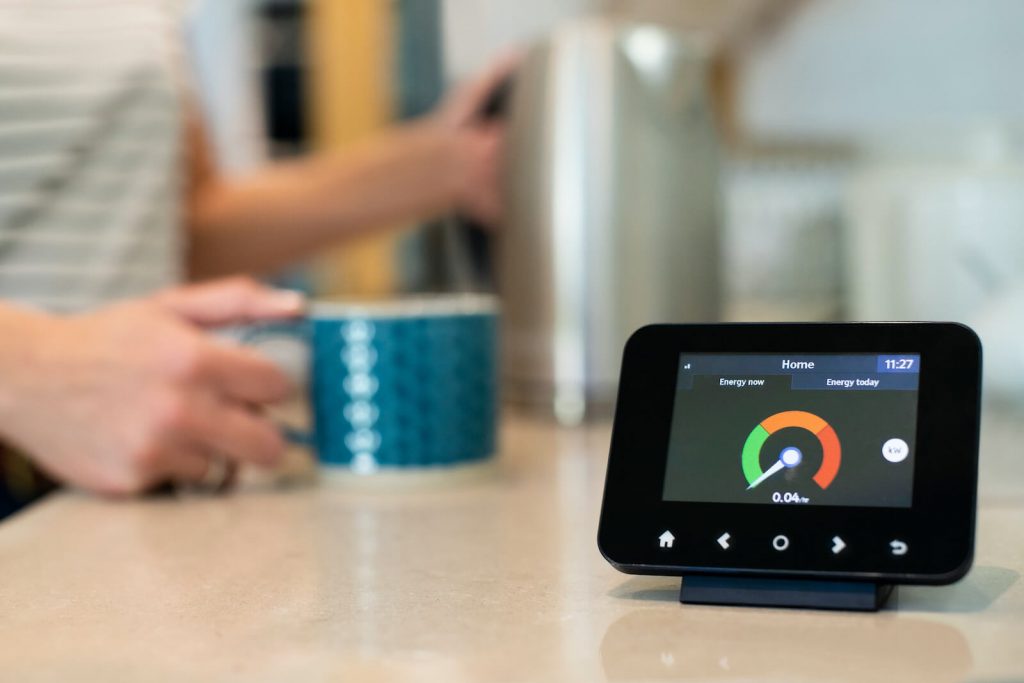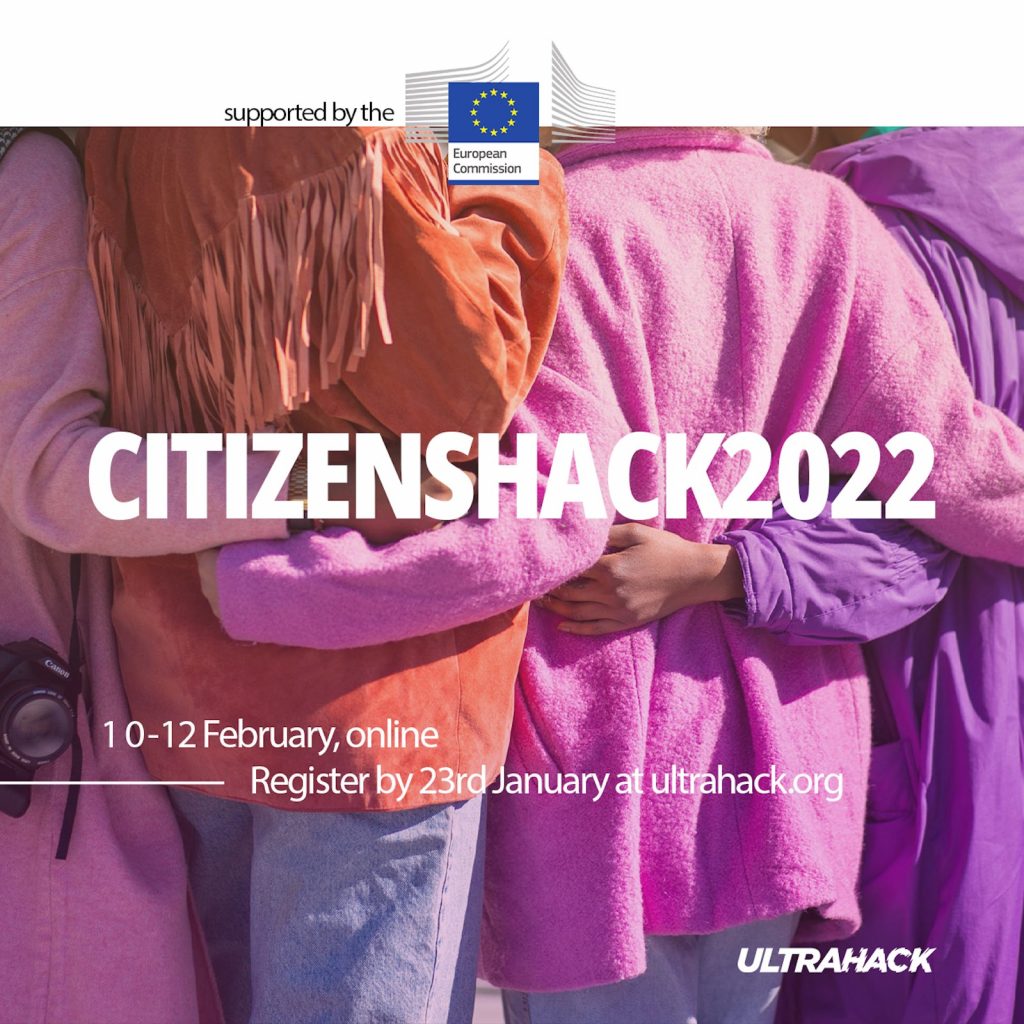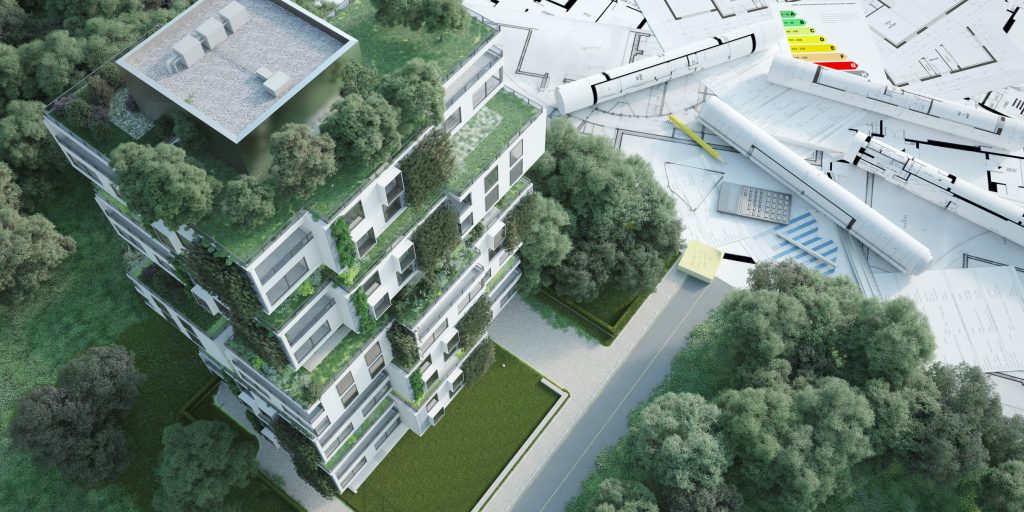Vera Rodrigues has been an assistant researcher at the University of Aveiro since 2016. She is part of the Centre for Environmental and Marine Studies and the Department of Environment and Planning. As her research focuses on urban matters, she uses numerical models and monitoring tools to study our cities and their urban microclimate.
While she has exclusively used the official monitoring networks in the past, nowadays, with the increased accessibility to cheap sensors for noise, meteorology, and air quality, she also receives data collected by citizens.
In her research, she is trying to figure out how to improve the compatibility between the official measurements and those that citizens collect – a central issue CitiMeasure is also looking into via its Comparability Working Group. So, we have spoken to Vera to understand better the challenges and what improvements can be expected in the future of the field.
As a researcher, how do you feel citizen science compares to traditional science?

Vera Rodrigues exploring nature with a friend
Nowadays, one of the most critical challenges we face is that science needs to be done for citizens. Otherwise, we stay in our room, doing very complex science that no one understands. Yet, we address challenges affecting people, like air quality or climate change, so we need to involve them.
First, we need to make our complex science understandable. We need to work on the communication tools to explain what we do in an accessible way. But the most important thing is to involve citizens as part of the projects. They can contribute and be part of the solution. For example, we assess mitigation measures, which we need citizens to include in their daily routines to have an effect. Citizen science is a tool to engage people and get feedback on our methods.
What’s your experience with citizen science? Can you give us some examples of projects you’ve been involved in?
I worked on the EU funded ClairCity project, where the Aveiro region was one of six case studies on citizen science. I participated as an expert on numerical modelling and future scenarios on air quality. And I organised citizens engagement activities.
The idea of the project was to collect citizens’ feedback on issues like mobility, air quality, carbon footprint, and climate change and to incorporate their thoughts into our scenarios. We created future scenarios based on citizens’ visions. Then we quantified each scenario’s impact and shared them with stakeholders and policymakers. With this information, policymakers could compare citizens’ ideas and their different impacts and decide what they can do.
Another example is a citizen science initiative run by a high school in the Aveiro region. As part of an extra-curricular activity, the school organised an action based on the students’ concern about the air quality levels in the surroundings of their schools.
Students got together with teachers and started to put together some low-cost sensors to verify the air quality of their school surroundings. They researched how to build them and what materials they needed to buy. They created their sensors, and they measured the air quality. Then they needed support and advice on how to understand and interpret the data. This is how the university got involved.
You chose to join the CitiMeasure project as part of the Comparability working group. Why did you join this group specifically?
One of the difficulties we have nowadays is how to work with data coming from low-cost sensors. There’s a lot of information coming from citizen science initiatives, but the challenge is how to work with this data and compare it with the reference data. Another challenge is how to work with citizens to make them aware of the uncertainties of the devices.
We were already involved in a European network, which was working on developing guidelines and recommendations on how to use this data, develop some calibration methods, and test their implementation. So, the CitiMeasure comparability working group addresses the same points. We need these tools to know what is being done, and we want to contribute to them.
What are your expectations from the project?
I’d like to see a database or list all the available databases with air quality data. I would also like the project to deliver a protocol, some guidelines, and recommendations on using citizen science data. We need to respond to concerns about uncertainties by quantifying them, cautioning about the quality of the data, and giving guidance on how to calibrate the devices best when calibration is needed.
And do you think the exchanges so far are going in that direction?
I think so. It’s a big challenge for the community to develop these guidelines and recommendations. But we are at the starting point, and in three years, we may have some more robust tools. Each step is needed.
There’s a lot of data; many people buy cheap sensors to measure really sensitive issues, like air quality. Based on this data, there are court cases in some countries, though not in Portugal. So, it’s essential to provide citizens and other players with robust tools to use and understand the value of this data.




